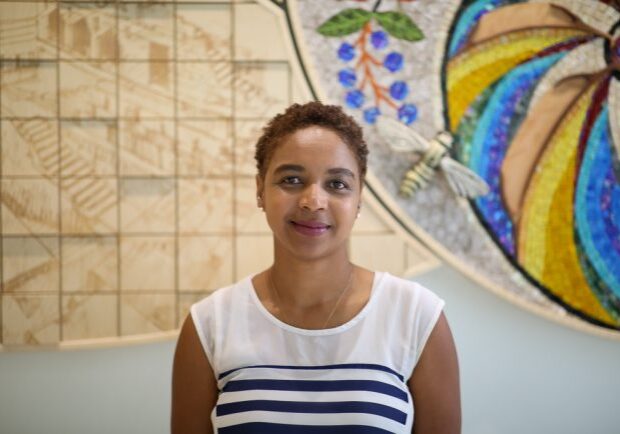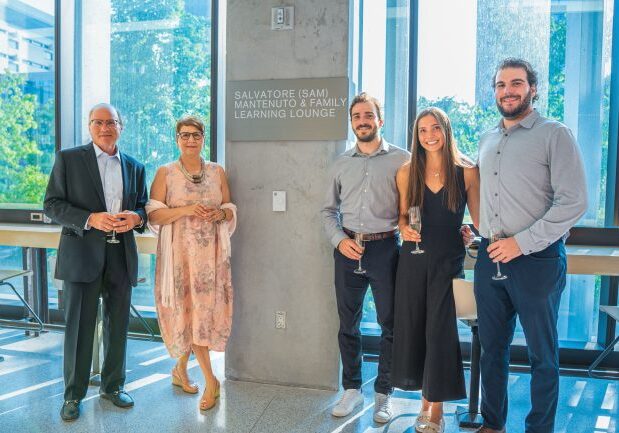
‘A sense of satisfaction and purpose’: Alumnus Sam Mantenuto reflects on Skule and giving back
University of Toronto Giving Day on March 26 is an opportunity to make a difference in the lives of students and researchers at U of T Engineering

How the CLUE research group is rethinking urban freight logistics
Professor Matthew Roorda (CivMin) is leading the group of researchers from U of T, McMaster University and York University
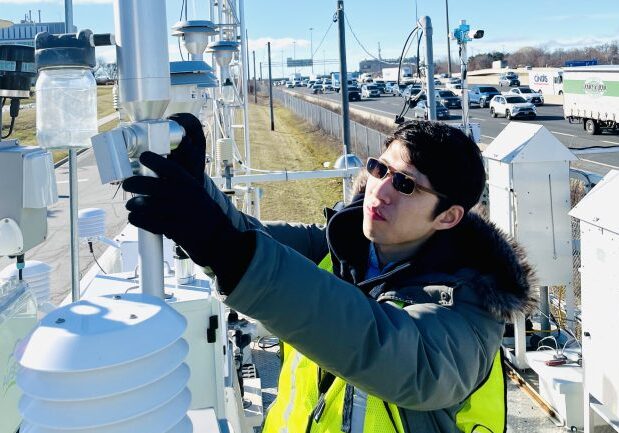
U of T Engineering team embarks on two large-scale urban air quality studies
Research will assess non-exhaust pollutants and winter air quality in Toronto
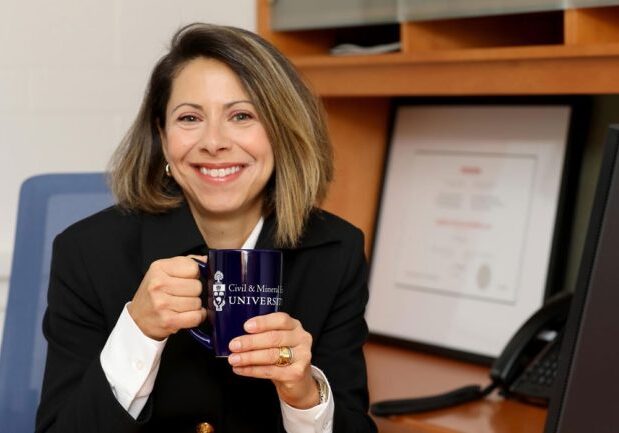
The Road to Net Zero: New federal funding boosts research on how shifts in transportation infrastructure impact emissions, public health and equity
Professor Marianne Hatzopoulou (CivMin) leads research collaboration that focuses on the social, environmental and economic outcomes of infrastructure investments
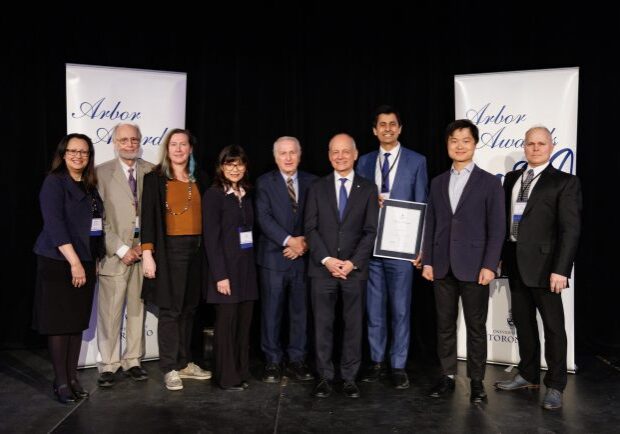
U of T Engineering volunteers honoured at the 2023 Arbor Awards
Recipients from 2020 to 2023 were invited to celebrate in person for the first time since 2019, when COVID-19 restrictions were put in place
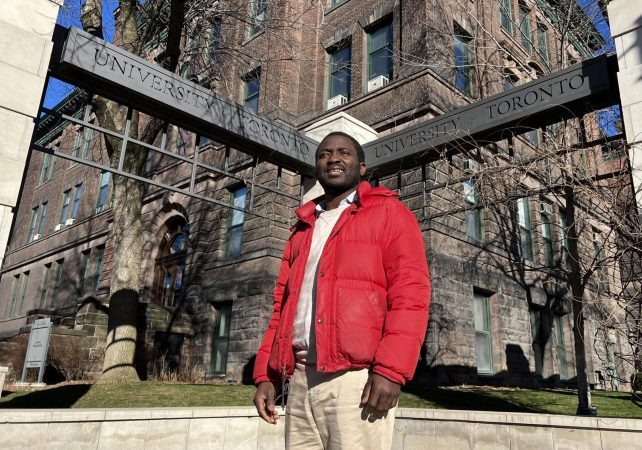
‘Take advantage of the brief opportunity to learn as much as possible while you are a student’: Meet Professor Hamed Ibrahim
Professor Ibrahim’s research goals include finding adaptive solutions to urgent regional water problems
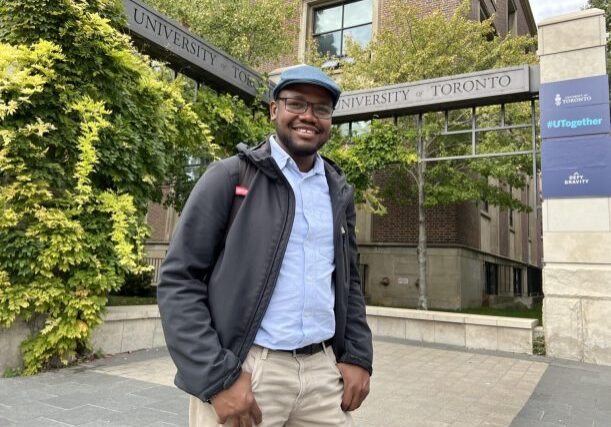
‘The educational journey is as significant as the ultimate goal’: Meet Professor Mohammed Basheer
Professor Mohammed Basheer comes to U of T Engineering from Humboldt University of Berlin.

